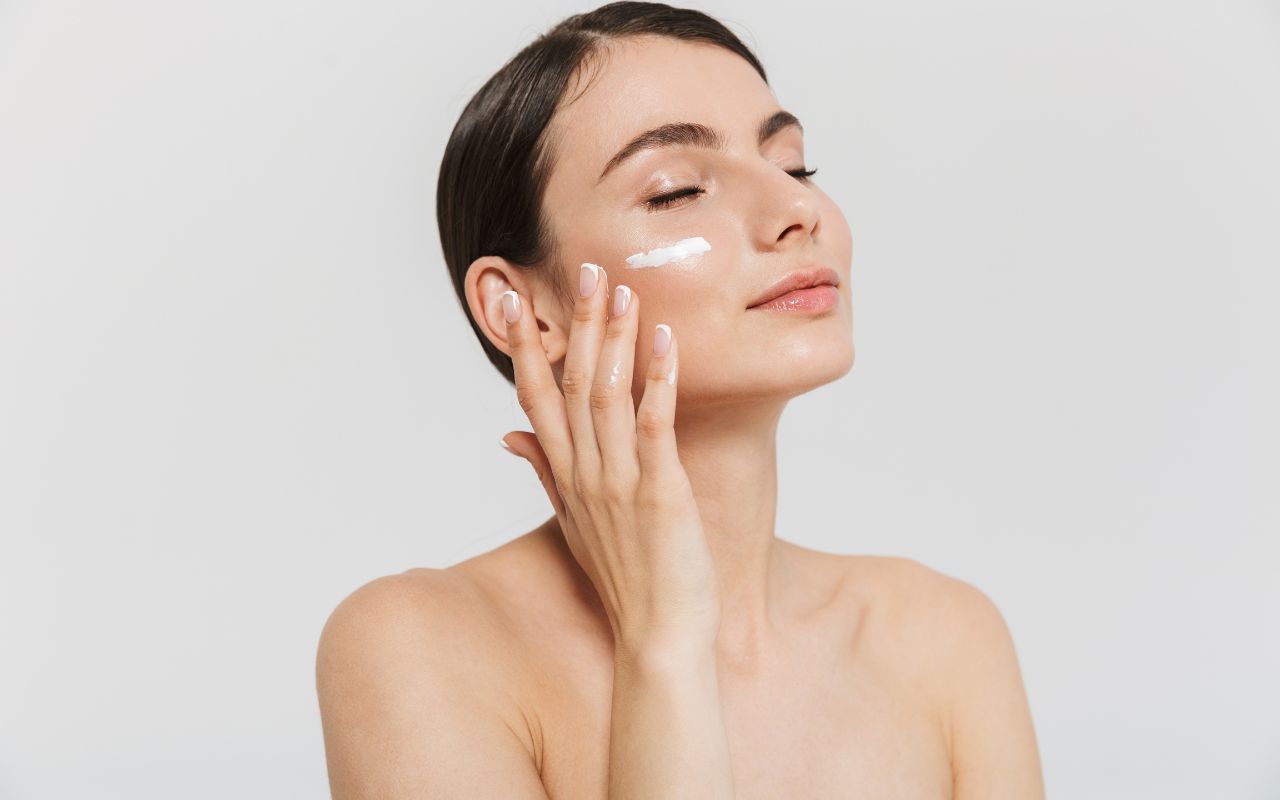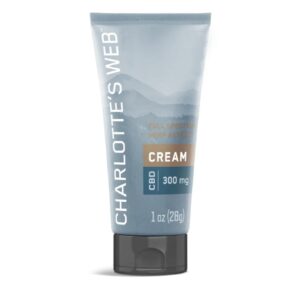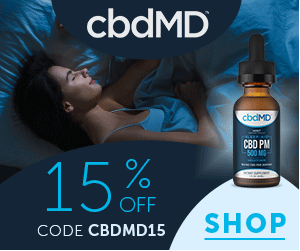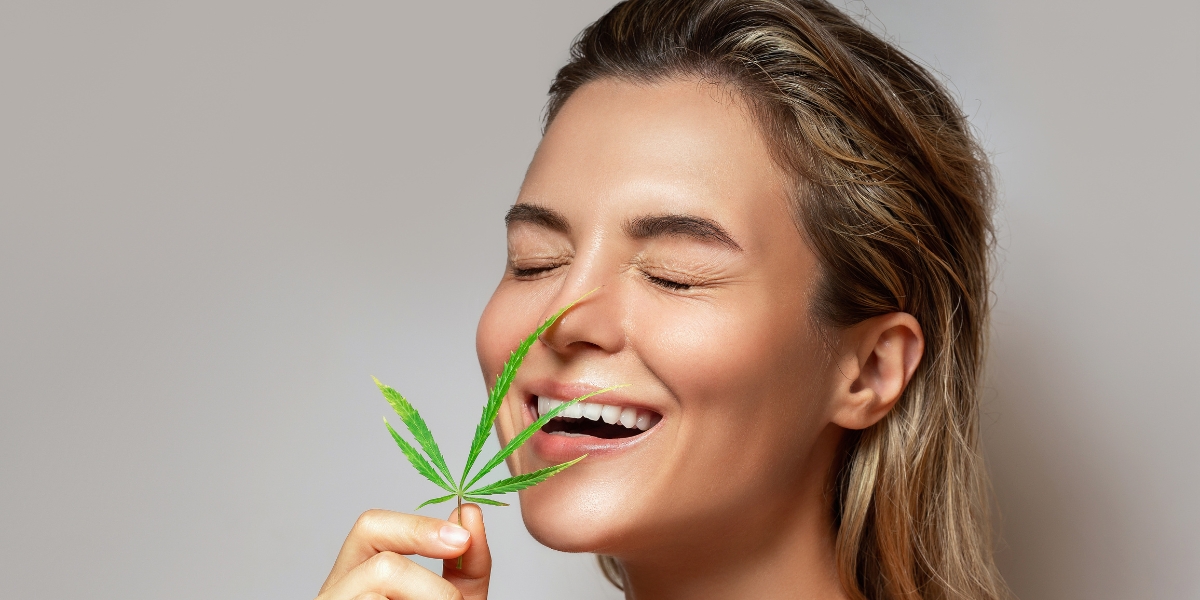CBD has shown promise in enhancing skin health, offering a natural solution for various skin concerns. Unlike THC, CBD is perfect for skincare as it’s non-psychoactive. This makes it safe for topical use. Its anti-inflammatory and antioxidant properties are key to its skin benefits.
Benefits of CBD for Skincare
Reduces Inflammation
CBD’s anti-inflammatory properties help calm irritated skin, perfect for conditions like acne, eczema, and psoriasis. It soothes redness and reduces breakouts, promoting a clearer complexion.
Hydrates and Moisturizes
CBD is rich in omega-3 and omega-6 fatty acids, essential for maintaining skin hydration. It locks in moisture, preventing dryness and leaving the skin feeling soft and supple.
Fights Signs of Aging
The antioxidant properties of CBD combat free radicals, which are responsible for aging. By neutralizing these harmful molecules, CBD helps reduce wrinkles, fine lines, and dullness, resulting in youthful and glowing skin.
Regulates Oil Production
For those with oily skin, CBD can help balance sebum production. It prevents excess oil without drying out the skin, maintaining a healthy balance and reducing the chances of acne.
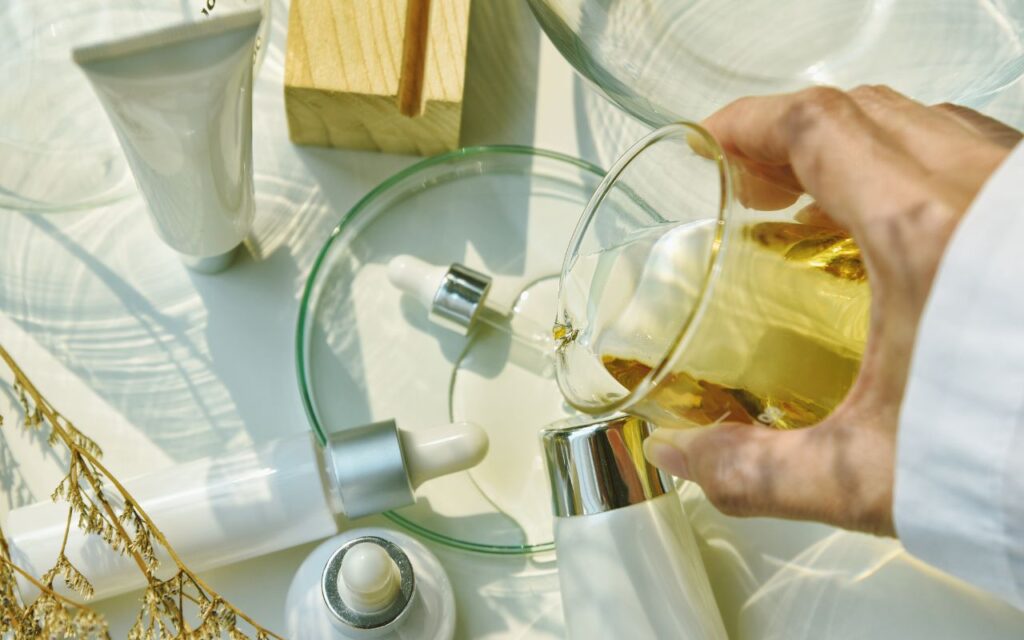
How to Use CBD for Skincare
Topical Application
Look for creams, serums, and oils infused with CBD. Apply directly to the skin, focusing on problem areas.
CBD-Infused Products
Use CBD-infused cleansers, masks, and moisturizers for comprehensive benefits like the one below from Charlotte’s Web.
Patch Test
Always perform a patch test to ensure no allergic reactions occur.
-
 CBD Cream Body Lotion$19.99
CBD Cream Body Lotion$19.99
Incorporating CBD into your skincare routine can provide numerous benefits, from reducing inflammation to fighting signs of aging. Its natural properties offer a holistic approach to achieving radiant, healthy skin. Embrace the power of CBD for skincare and unlock your skin’s potential today.
Post Disclaimer
Please note that HempHealthOnline is not a medical service or healthcare provider. The content provided on this site, including text, graphics, images, and other material, is for informational purposes only and is not intended to be a substitute for professional medical advice, diagnosis, or treatment. Always seek the advice of your physician or other qualified health provider with any questions you may have regarding a medical condition.

